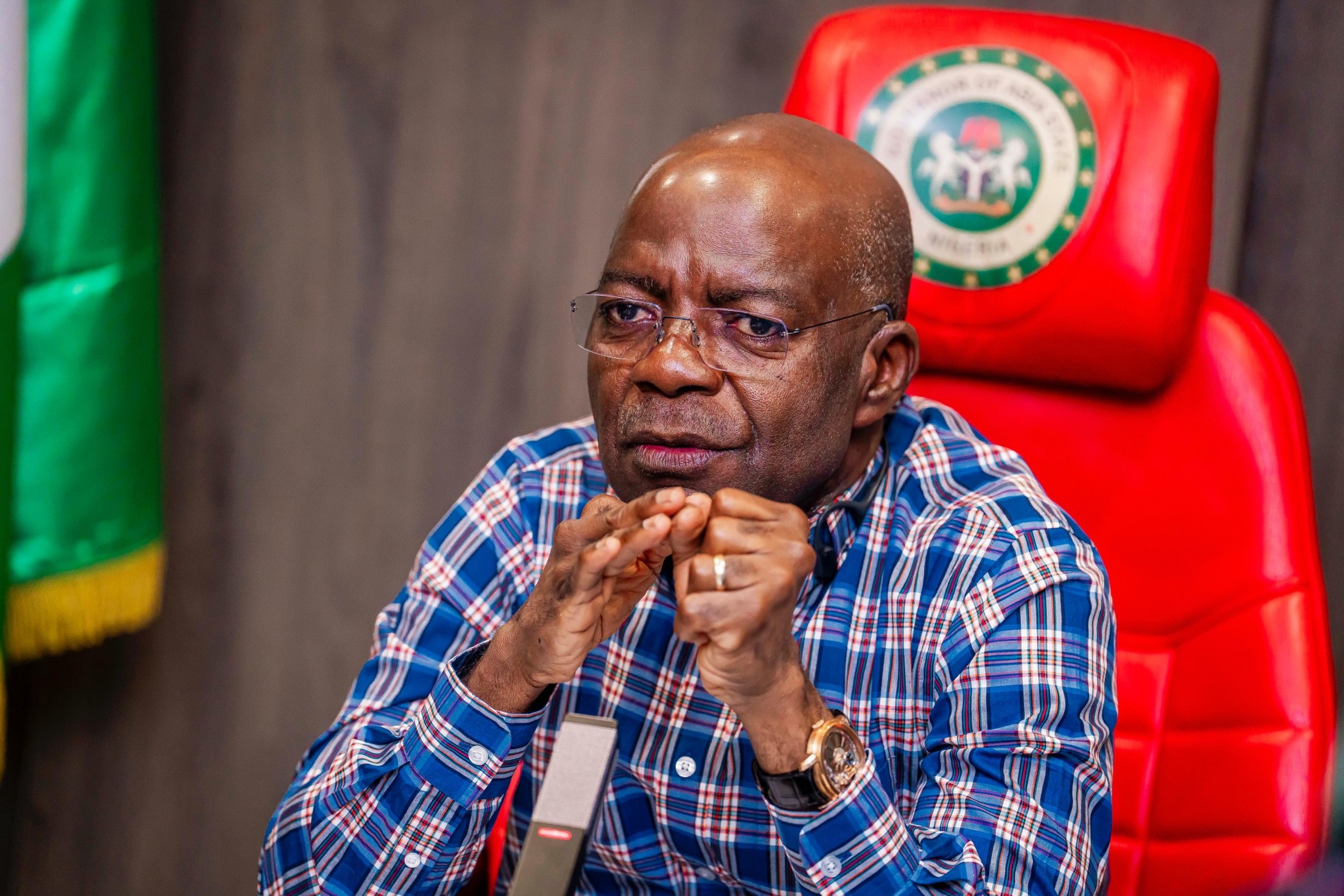•Decries low credit flow to real sector
•Identifies sectors with investment opportunities to create 780, 000 jobs
•FG says making plans to attract big auto manufacturers
Dike Onwuamaeze
International Monetary Fund (IMF) and International Finance Corporation (IFC) have stated that the President Bola Tinubu administration has done a good job in implementing structural reforms required to make Nigeria a more attractive investment destination.
IMF and IFC urged the Tinubu administration to continue to travel on its chosen path without backsliding because the government’s reform measures had started yielding macroeconomic stability, deceleration of inflationary pressure, foreign exchange (FX) market stability, and growing foreign reserves.
Those views were expressed yesterday in Lagos by IMF Resident Representative, Dr. Christian Ebeke, and Principal Country Officer, IFC, Nigeria, Mr. Christian Mulamula, during the “International Business Conference and EXPO 2025: Invest Nigeria” organised by Lagos Chamber of Commerce and Industry (LCCI).
Tinubu, who was represented at the EXPO 2025 by Minister of State for Industry, Trade and Investment, Senator John Owan Enoh, said the government was speaking with key automobile industry players to see how to put things in place that could make it attractive for these auto firms to come and set up plants in Nigeria.
Tinubu thanked LCCI for providing the platform for dialogue and collaboration, saying for too long the business environment in Nigeria has been of immense potential that is hampered by challenging realities and a story of brilliant ideas and determined entrepreneurs navigating a maze of bureaucratic turmoil.
He stated, “My administration was elected with clear mandate to change that story; to rewrite the narrative from that of obstacles to one of opportunities.
“And I am here today to assure you with the full weight of my office to assure you that this is not just a promise but a reality we are building every single day.”
IMF and IFC identified the unification of the FX rates, removal of petrol subsidy, and the recently enacted tax reform laws as areas the administration deserved special commendation. They added that Nigeria needed to stay the course because the monster was retreating but had not gone away.
According to them, the immediate visible gains of the reforms include less volatility in the foreign exchange market; easing of inflation and return of foreign capital inflows into Nigeria’s economy.
Ebeke said, “The first thing that is important is that inflation is finally decelerating. It does not mean that prices are falling but that the pace at which prices are increasing is going down.
“The second thing I wish to mention is that the exchange market is now more stable.
“What we are looking for is not a stable Naira per se but a stable exchange market because a stable Naira will be a product of stable exchange market.
“We can see that the reserves are going up and businesses are no longer struggling to find Dollar even though they complain that it is a little bit pricy. But that it is available is a right step in the right direction.”
Ebeke also said Nigeria had enough foreign reserves to cover what they were supposed to insulate against, like FX liabilities, short term debts and imports, adding that the country’s current account has also shown that the FX reserves would strengthen further.
“This is very good because it brings confidence and helps businesses to plan,” he said.
Ebeke assured that the Central Bank of Nigeria (CBN) had the capacity to intervene in the FX market to curb disorderly conditions.
He gave “kudos to the Tinubu’s administration for pushing through these landmarks tax reform laws.”
IMF, however, expressed concern that much of the FX inflows were portfolio investments, while very little foreign direct investments (FDIs) were going into manufacturing and other productive sectors.
Ebeke said, “Nigeria receives very little FDIs and it is actually worrisome when you compare Nigeria with countries at the same level of its GDP.”
He also said bank credit to the private sector, which would boost productivity, was very low in Nigeria.
The IMF country representative said, “When compared to many countries, Nigeria’s credit to GDP ratio is very low. And even when banks extend credit, the bulk of it goes to the oil and gas while manufacturing and agriculture actually receive very, very little credit.
“So, there is a misallocation of domestic savings in Nigeria as there are concentrations on few sectors but the sectors that are supposed to drive productivity and good wages are not receiving much.”
He stated that the reality of today was that poverty was actually going up in Nigeria and reducing citizens’ purchasing power, and they could no longer afford certain products.
He advised the government to fight insecurity, address power challenges, and encourage agriculture in order to ameliorate rising food prices and cost of living.
Ebeke said, “No other emerging market country has to deal with the type of insecurity problem Nigeria is facing. Nigeria needs to fix its security problem for its private sector to thrive.
“The second is power. The objective of Tinubu’s administration is 7.0 per cent GDP’s growth, which will need more reliable electricity.
“There should be a marshal plan to fix the power sector given the multiplier effect it has on other sectors.”
He observed that Nigeria’s regulatory environment was marred by unnecessary administrative requirements that must be fixed in order for the private sector to keep prospering.
Similarly, Mulamula, said, “The good news is that Nigeria has taken bold steps to implement the structural reforms required to make it a more attractive investment destination by unifying the FX markets, tightening monetary policy to manage inflation and removing costly petrol subsidy.”
Mulamula said Nigeria had huge investment opportunities in the ICT, pharmaceutical manufacturing, renewable energy and agriculture and agro-processing.
The IFC principal country officer stated, “Expanding the nationwide fibre network will open up new investments in digital for businesses, schools, hospitals and government agencies. This has potential to create over 200,000 jobs.
“Nigeria rich agricultural resources present an opportunity for industrialisation in agricultural processing and food security. We deem this as an opportunity to create over 300,000 jobs and the renewable energy space has opportunity to create 250,000 jobs.
“Increasing urbanisation comes with increases in non-communicable diseases and increase demands for drugs. This coupled with new policy that requires drug importers to move toward local production creates an attractive investment opportunity in Nigeria with opportunity to create over 30,000 new jobs.”
President of LCCI, Mr. Gabriel Idahosa, said the goal of EXPO 2025 “is to unlock and deepen Nigeria’s boundless investment opportunities from energy to technology, manufacturing to agriculture, infrastructure to creative economy”.
The post IFC Lauds FG’s Economic Reforms, IMF Calls for Marshall Plan for Power Sector appeared first on THISDAYLIVE.



